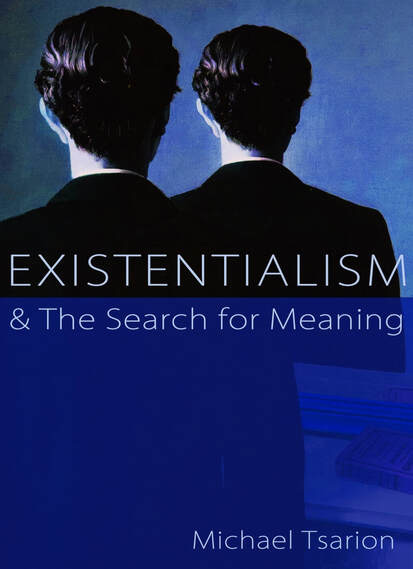…being is the sole and proper theme of philosophy – Martin Heidegger
Heidegger’s central interest was Being. What is it and how can we find out what we need to know? Is it even a relevant subject?
Did our ancient forebears enjoy a closer communion with Being, a connection now lost? Heidegger believed this was the case, and that the question of Being had been discarded after the time of the pre-Socratic philosopher Parmenides.
…Metaphysical philosophy, in Heidegger’s view, demonstrates a profound fear of the unknown, and assumes that all that is murky must be expelled from philosophical dialogue. – Katrin Froese
Strange, says Heidegger, that Being which gives rise to thought, evades becoming an object of thought.
Heidegger was also interested in the concept of Nothingness, and why there is something rather than nothing. He had more than one concept of it. He equated it with a mood of profound boredom, in which all meaning is drained from the world. It is a pathological state and those suffering from it sincerely wish it would end.
In some works, Heidegger equates Nothingness with Being, stressing that it is we humans who have cast Being into oblivion. It becomes nothing because we cease to care about it. We have long since abandoned the Question of Being and prefer to live in a world devoid of Being. Heidegger says that despite appearances, Being was already under attack during the time of Plato and Aristotle. It has been a largely forgotten subject through the centuries. In his first major book, Heidegger resurrects the question of Being and in doing so goes beyond what is commonly known as Metaphysics. He makes it clear that Being is not to be equated with God, or any transcendent entity or force.
Of course, we are not consciously aware of any antipathy toward Being and are not naturally inclined to find it of interest. We are not aware of how its absence disaffects our consciousness and daily lives. Heidegger shows how Being’s presence and absence impact human anxiety and sense of purpose.
Most readers find Heidegger’s project very frustrating. Some say that after years of study, they are no nearer to an understanding of Being. However, this reaction is easy to explain, Heidegger clearly stresses that important preliminary steps are required before a new communion with Being can occur.
Because Being itself is elusive, Heidegger suggests that the great quest for Being begins with a sincere analysis of Man himself, he who raises the question of Being. Only humans do this. Only humans form questions about their existence. Heidegger wants to know why this is. Finding out about the questioner of Being is a crucial first step to finding out about Being itself. Heidegger renames man, the questioner, Dasein, a word that means, ‘’being-there.’’ Dasein’s very presence, here and now, in time and space is due to Being, even though for some strange reason Being itself is no longer a reality for us.
Heidegger does not mean for us to engage in this process abstractly. The analysis of Dasein involves observing him in everyday activities. We are to observe ourselves as we are, not just as thinkers, but as actors in the world. This harkens back Emmanual Kant’s epistemological turn, which entails raising questions about man’s own process of thinking and acting. However, Heidegger’s approach is also crucially phenomenological and existential. The accent is not so much on what man thinks, but on what he does.



